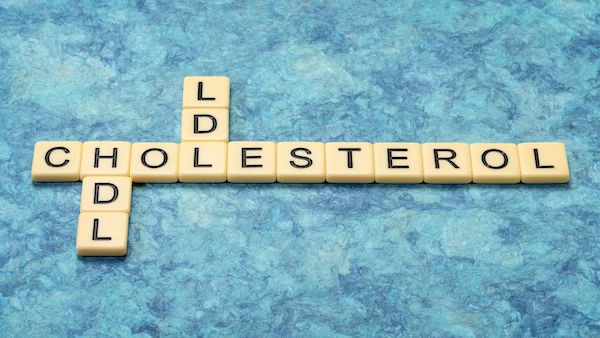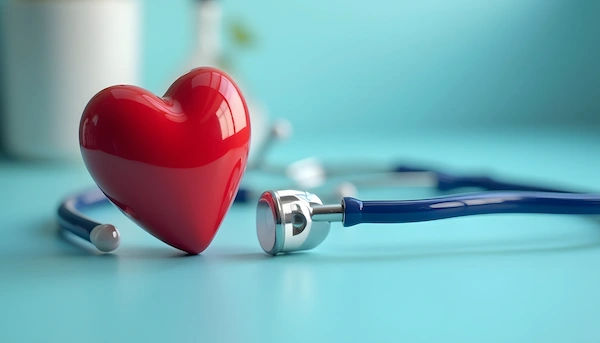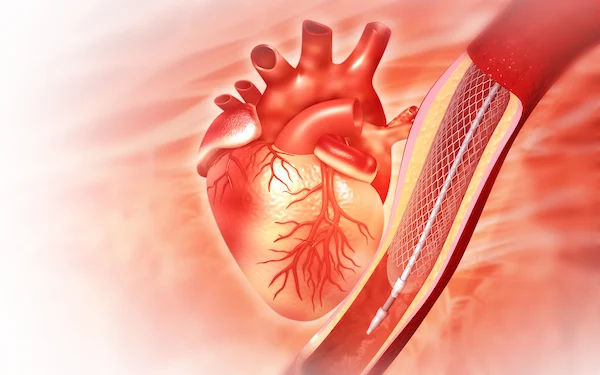- Male
- 26 Years
- 20/02/2025
I'm curious about this condition called Left Anterior Fascicular Block. Is it something I should be worried about? How is it usually treated? I'd really appreciate some guidance.
More Cardiology Health Queries
View allI'm feeling really anxious because my heartbeat keeps increasing suddenly, and I get this chest pain. I had an echo test, and it came back normal. I also did Holter monitoring, which showed my maximum heart rate was 141, the minimum was 59, and the average was 80. What could be going on with me, and what should I do next?
Your symptoms of increased heartbeat, ghabrahat (anxiety), and chest pain could be due to anxiety or a heart condition. Since your echo and halter monitoring results are normal, it is less likely to be a serious heart issue. To manage your symptoms, you can try taking a beta-blocker medication like Metoprolol (brand name: Lopressor) at a low dose of 25mg once daily. This can help control your heart rate and reduce the feelings of palpitations and chest pain. Additionally, practicing relaxation techniques such as deep breathing exercises, yoga, or meditation can also help alleviate anxiety symptoms. It is important to stay hydrated, get regular exercise, and maintain a healthy diet to support your overall heart health. If your symptoms persist or worsen, it is advisable to follow up with your healthcare provider for further evaluation and management.
Answered by 1 Apollo Doctors
I just found out that my high sensitive CRP levels are elevated, and my triglycerides are up as well. I'm also dealing with diabetes. Should I be worried about the risk of heart issues since I haven't had any so far?
High sensitive CRP, elevated triglycerides, and diabetes are risk factors for cardiovascular diseases. It is important to manage these conditions to prevent future heart problems. To help lower your high sensitive CRP and triglyceride levels, as well as manage your diabetes, you can take medications like Atorvastatin for cholesterol, Metformin for diabetes, and Aspirin for cardiovascular protection. It is also important to follow a healthy diet, exercise regularly, and monitor your blood sugar levels closely. Regular follow-up with your healthcare provider is essential to monitor your progress and adjust your treatment plan if needed.
Answered by 1 Apollo Doctors
I've recently had a stress echo and it came back negative. Ten years ago, in 2011, I had an angiogram and it looked fine then too. In 2015, I went through a nuclear test, treadmill test, and some other checks, and they all turned out normal. Lately, Ive been having this dull pain in my neck that sometimes reaches up to my ear and jaw, and it also bothers my shoulder. My neck and upper back always feel stiff. My physiotherapist says my posture is pretty poor, mentions scoliosis, and thinks that might be causing this pain. I don't have issues when I'm walking and I can climb up to 12 floors without a problem but the neck and back pain, especially on the left side, really gets to me. Occasionally, I feel a sharp pain on the left side of my chest, but it fades away quickly. My chest is tender, and some spots are really sore to touch. Do you think it's safe to rule out any cardiac causes? Is there any other test I should consider doing?
Based on your history of negative stress echo, normal angio in 2011, and normal nuclear test and TMT in 2015, it is less likely that your current symptoms are related to cardiac issues. However, it is important to consider other potential causes for your neck, ear, jaw, shoulder, and chest pain. Given your description of neck stiffness and pain, along with the presence of scoliosis affecting your posture, it is possible that your symptoms are musculoskeletal in nature. To address your current symptoms, you may benefit from a muscle relaxant such as **Cyclobenzaprine** 10mg to help with the neck and back stiffness. Additionally, you can consider taking **Ibuprofen** 400mg for pain relief. Since you mentioned tenderness in your chest and certain points, it may be helpful to rule out any musculoskeletal chest wall pain. However, considering your history and current symptoms, further cardiac testing may not be necessary at this point. To improve your posture and alleviate the neck and back pain, regular physiotherapy sessions focusing on postural correction and strengthening exercises may be beneficial. It is important to continue working with your physiotherapist to address the underlying cause of your symptoms. If your symptoms persist or worsen, it is advisable to follow up with your healthcare provider for further evaluation and management.
Answered by 1 Apollo Doctors
Disclaimer: Answers on Apollo 247 are not intended to replace your doctor advice. Always seek help of a professional doctor in case of an medical emergency or ailment.






